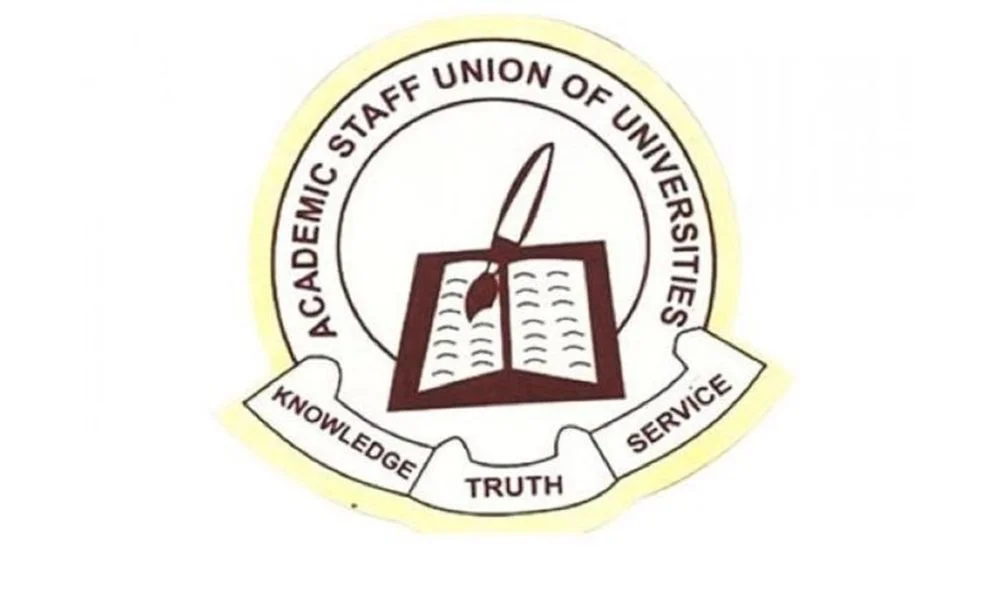The Academic Staff Union of Universities (ASUU) has instructed its members in Nigerian university branches with unpaid June 2025 salaries to halt work, signaling a potential nationwide strike if July salaries remain unpaid by month’s end.
ASUU President Chris Piwuna, in a July 8, 2025, interview, clarified that the union is not currently on an indefinite strike but is enforcing a “no pay, no work” policy to pressure the federal government.
Details of the Directive
ASUU’s directive targets branches where June salaries are outstanding, with Piwuna confirming that universities like the University of Abuja and University of Jos resumed activities after receiving delayed payments.
“Those who commenced the strike and their salaries have been paid are back to work,” he said, noting that unpaid branches, such as parts of the University of Nigeria, Nsukka, remain idle.
Piwuna warned that failure to pay July salaries by July 31, 2025, will trigger a broader work stoppage, disrupting academic calendars nationwide.
Salary Delays and IPPIS Controversy
The salary delays stem from ASUU’s exit from the Integrated Payroll and Personnel Information System (IPPIS) in December 2023, following the Federal Executive Council’s approval for universities to adopt the University Transparency and Accountability Solution (UTAS).
Piwuna accused the Office of the Accountant-General of deliberately withholding payments, claiming,
“Since we left IPPIS, our salaries have been delayed.”
IPPIS, introduced in 2006 to centralize federal payrolls, has been criticized by ASUU for undermining university autonomy and failing to accommodate academic-specific needs, such as sabbaticals and adjunct lecturer payments.
Historical Context and ASUU’s Stance
ASUU’s opposition to IPPIS fueled its eight-month strike in 2022, during which the government withheld salaries, escalating tensions.
The union argued that IPPIS violated university governance, leading to the adoption of UTAS, which offers greater flexibility.
Despite the policy shift, unpaid salaries from 2022 and ongoing delays in 2025 have strained relations.
Social media posts highlight frustration, with some alleging political motives behind the delays, while others call for dialogue to avert disruptions.
Impact on Universities and Students
The “no pay, no work” policy has halted lectures and research in affected branches, risking academic delays for Nigeria’s 2 million university students.
With 70% of public universities impacted, per ASUU data, the threat of a nationwide strike could exacerbate Nigeria’s education challenges, including a 30% dropout rate due to prior disruptions.
Piwuna emphasized that lecturers’ financial struggles, with salaries unchanged since 2009 despite 30% inflation, hinder their duties.
The government’s N1.7 trillion 2025 education budget, only 7% of the total, has drawn criticism for underfunding universities.
Looking Ahead
ASUU’s ultimatum places pressure on President Bola Tinubu’s administration to resolve payment disputes before July 31, 2025, to avoid a repeat of the 2022 strike, which cost students eight months.
The Ministry of Education has not responded publicly, but Finance Minister Wale Edun’s office indicated efforts to streamline payments via UTAS.
If unresolved, the strike could further erode trust in public education and fuel brain drain, with 1,200 lecturers reportedly leaving Nigeria in 2024.
Stakeholders urge mediation to prioritize students and stabilize the sector.






















